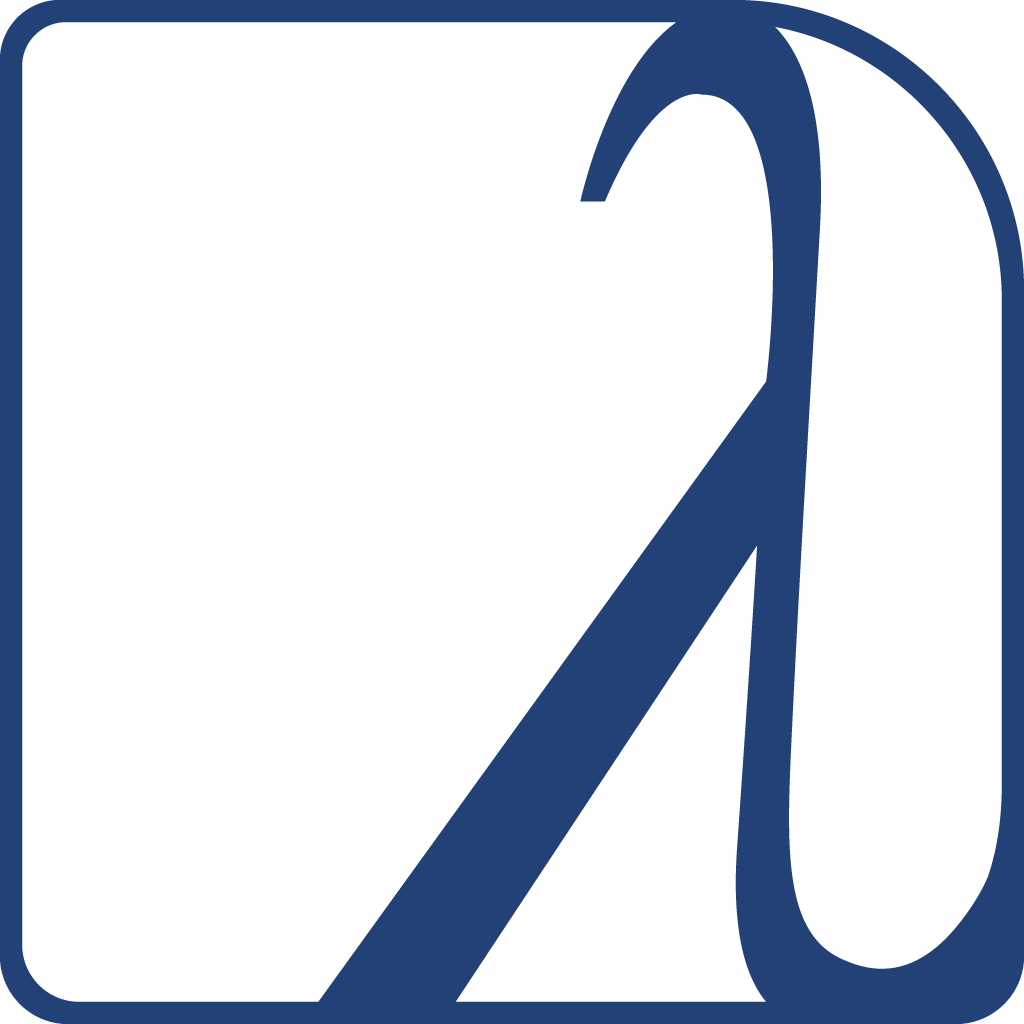The ANSI Common Lisp standard doesn’t mention this topic. So almost everything that can be said here depends on your OS and your implementation. However these days, we can use the CFFI library, a portable and easy-to-use C foreign function interface.
CFFI, the Common Foreign Function Interface, purports to be a portable FFI for Common Lisp. It abstracts away the differences between the API of the native FFI’s of the various Common Lisp implementations.
We’ll see an example right now.
CFFI: calling a C function from the math.h header file.
Let’s use defcfun to interface with the foreign ceil C function from math.h.
defcfun is a macro in the cffi library that generates a function with the name you give it.
CL-USER> (cffi:defcfun ("ceil" c-ceil) :double (number :double))
We say that the “ceil” C function will be called “c-ceil” on our Lisp side, it takes one argument that is a double float, and it returns a number that is also a double float.
Here is the above function macroexpanded with macrostep-expand:
(progn
nil
(defun c-ceil (number)
(let ((#:g312 number))
(cffi-sys:%foreign-funcall "ceil" (:double #:g312 :double) :convention
:cdecl :library :default))))
The reason we called it c-ceil and not ceil is only for the example, so we know this is a wrapper around C. You can name it “ceil”, since it doesn’t designate a built-in Common Lisp function or macro.
Now that we have a c-ceil function from math.h, let’s use it! We must give it double float.
CL-USER> (c-ceil 5.4d0)
6.0d0
As you can see, it works! The double gets rounded up to 6.0d0 as expected.
Let’s try another one! This time, we’ll use floor, and we couldn’t name it “floor” because this Common Lisp function exists.
CL-USER> (cffi:defcfun ("floor" c-floor) :double (number :double))
C-FLOOR
CL-USER> (c-floor 5d0)
5.0d0
CL-USER> (c-floor 5.4d0)
5.0d0
Great!
One more, let’s try sqrt from math.h, still with double floats:
CL-USER> (cffi:defcfun ("sqrt" c-sqrt) :double (number :double))
C-SQRT
CL-USER> (c-sqrt 36.50d0)
6.041522986797286d0
We can do arithmetic with our new c-sqrt:
CL-USER> (+ 2 (c-sqrt 3d0))
3.732050807568877d0
We can even use our new shiny c-sqrt to map over a list of doubles and take the square root of all of them!
CL-USER> (mapcar #'c-sqrt '(3d0 4d0 5d0 6d0 7.5d0 12.75d0))
(1.7320508075688772d0 2.0d0 2.23606797749979d0 2.449489742783178d0
2.7386127875258306d0 3.570714214271425d0)
Page source: ffi.md
